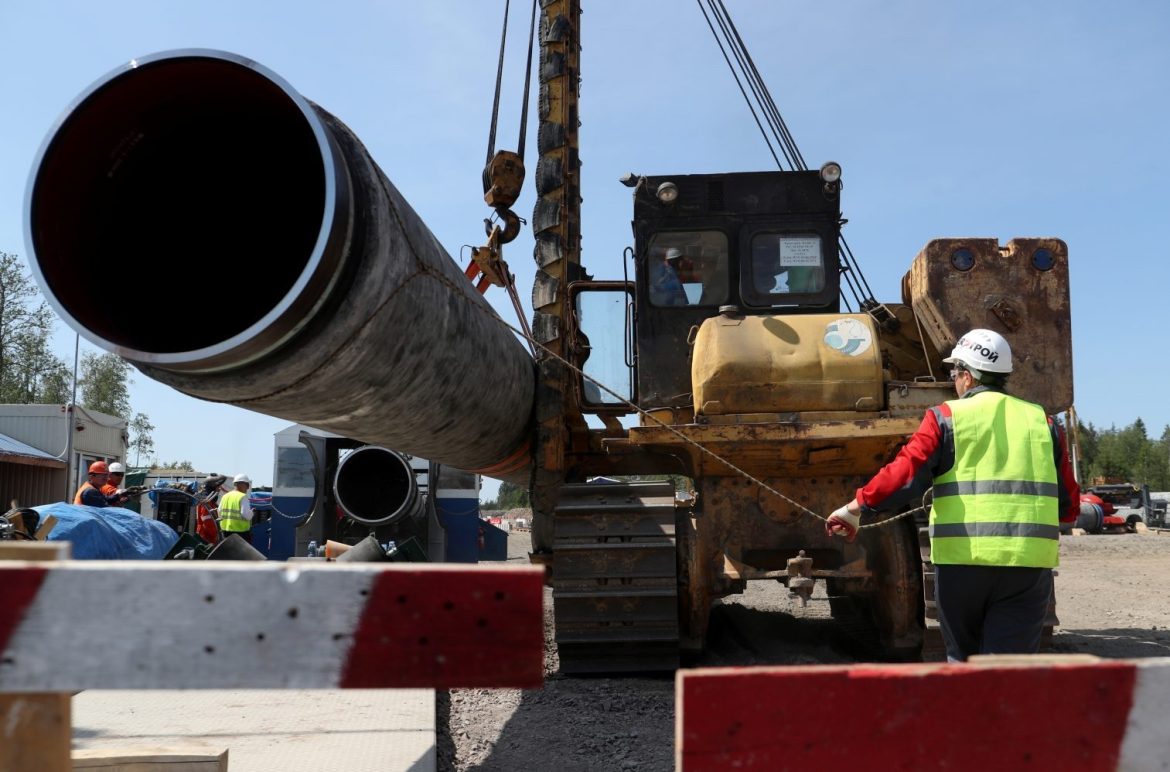Europe’s once-thriving industrial sector is facing an unprecedented challenge. Gas consumption in the region has seen a dramatic drop, registering a decline of 10% to 15% when compared to the figures from the last decade. Analysts and experts are pointing fingers at two major culprits for this alarming trend: the aggressive incursion by Russia into Ukraine and the consequent soaring of gas prices that followed.
This situation has been particularly concerning as some of Europe’s largest gas consumers, despite witnessing a brief decrease in prices in mid-2022, have shown little to no signs of reviving their consumption rates in 2023. There’s a growing apprehension among market watchers that this slump in consumption isn’t just a temporary phase but could indeed spell a more permanent shift in energy consumption patterns.
By the summer of 2023, specifically in July, there was a significant dip in gas futures prices, with figures plummeting by 88% when adjusted for inflation. However, even with this decrease, the current market prices for gas are significantly above what would be considered the long-term inflation-adjusted norm. This discrepancy in pricing is not just a number on a chart; it has tangible, real-world implications. Power generating companies, as well as a plethora of industries, are caught in a dilemma. They are being compelled to either explore alternative energy sources, which come with their own set of challenges and costs, or take the hard decision of curtailing their operations.
Germany, one of Europe’s industrial powerhouses, offers a sobering case study. Its energy-intensive manufacturing sectors, which include heavyweights like steel production, petrochemicals, and others, have reported a worrying decline in production. The numbers indicate a drop of over 17% compared to the levels before the Ukrainian crisis began. To put this in perspective, this decline is more significant than the economic disruptions caused during the first wave of the pandemic in 2020.
While the short-term effects of this situation can be seen in the decreased demand for imports and an arguably more secure gas outlook for the upcoming winter season, the long-term implications are more dire. There’s a palpable fear among industry leaders and economists about the potential of Europe entering a phase of sustained deindustrialization. If the current trend of high gas prices persists and doesn’t witness a meaningful correction in the coming years, Europe could be staring at an extended period of industrial stagnation.



